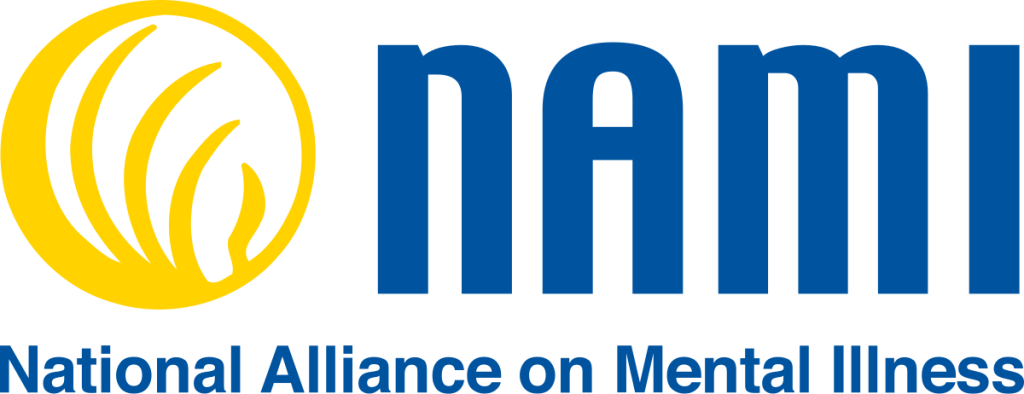Taking care of your mental health is super important, and reaching out for help when you’re dealing with emotional stuff is a big deal. If you’re on the lookout for a mental health counselor nearby, you’re rocking the first step in putting your mental well-being front and center.
A licensed mental health counselor is basically a pro who’s got the know-how and the credentials to offer therapy services to people seeking mental health care. You’ve got different flavors, like psychologists and Licensed Professional Counselors, who fall under the licensed therapist umbrella. They’re the real deal when it comes to helping out with mental health.
These counselors provide therapy for those dealing with mental health disorders and emotional hurdles. Whether it’s depression, eating disorders, anxiety issues, substance abuse disorders, psychosis, suicidal thoughts, or ADHD, they are equipped to lend a helping ear and guide folks through the complexities of these challenges.
If you are trying to find a mental health counselor, it’s advisable to find a good one that is near you. In this article, we will be disclosing ways you can find a mental health counselor near you with ease.
Finding a mental health counselor in your area might feel like a difficult task, but don’t stress! Here are a few sources to help you find a mental health counselor near you;
1. Your Insurance Provider

Contact your insurance provider to maximize mental health therapy benefits. Understand the network, costs, and coverage details for in-network and out-of-network therapists. Opt for in-network therapists for potential cost savings. Streamline administrative processes and stay informed about pre-authorization requirements.
2. Your Primary Care Physician

Your primary care physician plays a crucial role in facilitating access to mental health support. They can offer a referral to a nearby mental health therapist, leveraging their knowledge of your medical history to recommend a professional who suits your specific needs. Seeking a referral from your primary care physician ensures a coordinated approach to your overall well-being, combining physical and mental health considerations.
3. Mantracare

Mantracare serves as a valuable online resource, functioning as a comprehensive directory specifically dedicated to mental health professionals. Within this platform, individuals have the opportunity to conduct a detailed search for therapists tailored to their specific requirements. This user-friendly directory allows searches based on crucial factors such as location, accepted insurance, therapist specialties, and more.
4. National Alliance on Mental Illness (NAMI)

The National Alliance on Mental Illness (NAMI) stands as a nonprofit organization dedicated to offering a wealth of resources and support for individuals grappling with mental health conditions, as well as their families. At the core of NAMI’s services is a helpline designed to provide vital information about mental health resources within your local area.
5. Your Local Health Center

Your local community health center serves as a potential hub for mental health services and referrals to therapists in your vicinity. These community health centers often play a vital role in providing comprehensive healthcare, including mental health support. They may directly offer mental health services or guide individuals to qualified therapists within the community.
6. Employee Assistance Program (EAP)

Many employers extend support through Employee Assistance Programs (EAPs), which often offer free or low-cost mental health services for both employees and their families. These programs are designed to provide confidential and accessible resources to address various mental health concerns. By tapping into an EAP, individuals can access counseling or therapy services without the financial burden often associated with such support.
Before you go ahead to find a mental health counselor near you, there are also a few tips you can use in finding one near you, especially the one that aligns perfectly with you and with whom you find peace being with.
1. What Are Your Needs?

Before embarking on your therapist search, it’s crucial to pinpoint your specific needs. Consider whether you prefer a male or female therapist, define your budget for therapy sessions, and explore the various therapeutic approaches available, such as cognitive-behavioral therapy (CBT), psychoanalysis, or mindfulness-based therapy. Acknowledging and addressing these considerations proactively ensures that your search for a therapist is focused and tailored to your unique preferences and requirements.
2. Seek For Referrals

When looking for a mental health therapist, seeking referrals can be invaluable. Consult your primary care physician for insights into trusted professionals based on your medical history. Additionally, reach out to friends and family who may have personal experiences with therapy. Their recommendations can provide valuable insights into a therapist’s approach, effectiveness, and overall suitability.
3. Ask Questions And Make Calls

After compiling a list of potential therapists, take the initiative to call them and inquire about crucial aspects. Ask questions regarding their qualifications, treatment approach, and experience in working with individuals who share similar concerns to yours. This proactive approach allows you to gather pertinent information directly from the therapists, helping you make informed decisions about the most suitable professional to address your specific needs and preferences.
4. Check For Your Comfortability

Assessing compatibility is pivotal in finding a therapist. It’s crucial to locate a professional with whom you feel at ease sharing your thoughts and who comprehends your concerns. Deliberate on scheduling a consultation or initial session to evaluate whether the therapist aligns well with your needs. This is instrumental in ensuring a positive therapeutic relationship, providing you with the opportunity to gauge comfort levels and ascertain if the therapist is indeed the right fit for addressing your unique concerns.
Conclusion
Prioritizing mental health therapy is integral to holistic well-being, and securing the appropriate therapist is vital for addressing emotional, psychological, and behavioral concerns. In summary, seeking assistance for your mental health is a brave and necessary stride toward comprehensive well-being. Invest the effort in locating a suitable mental health counselor nearby, collaborating with them to formulate a treatment plan tailored to your specific requirements.
